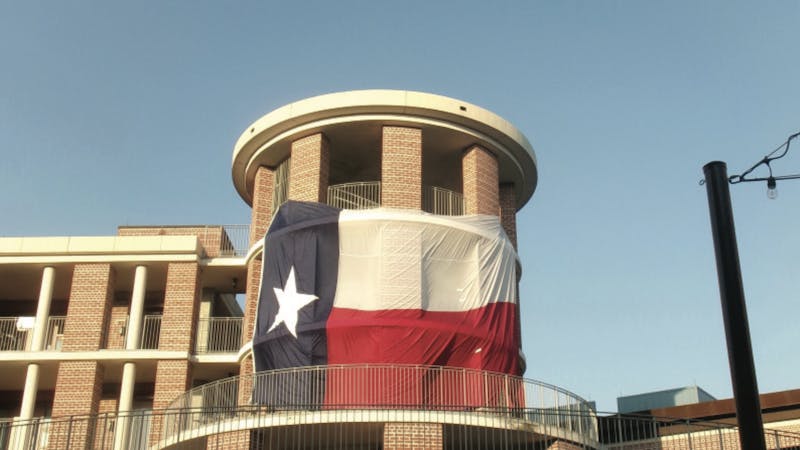Rice’s impact on graduate earnings ranked 1,271 of 1,275
Rice University placed 1,271st out of 1,275 American four-year colleges under a new ranking created by The Economist, a major weekly newspaper.
According to a description by The Economist, the ranking system is based on a comparison between the median earning of a college’s graduates 10 years after graduation and the expected earning of those graduates based on several characteristics, such as SAT scores, demographic information and location. Based on The Economist’s model, Rice graduates make $10,267 less than expected 10 years after graduation, placing them in the zeroth percentile of the ranked colleges.
{{tncms-asset app="editorial" id="a447d96a-865d-11e5-98c9-337540f4c37d"}}
According to The Economist, the new ranking was inspired by a famous study by Stacy Dale and Alan Krueger. That study, published in 1999, found that the financial outcomes of students accomplished enough to be accepted into selective colleges were generally the same whether or not they actually attended those schools.
Chris Munoz, Rice’s vice president for enrollment, said he regarded the ranking as an outlier. Other rankings tend to give Rice a higher position: Rice is 18th in the country by the influential US News and World Report’s criteria, and fifth according to popular review website Niche.com.
Other universities that have traditionally placed highly in rankings are in varied positions under The Economist’s system: Harvard University is fourth with graduates making $12,734 more than expected, while Yale University is 1,270th with graduates making $9,590 less than expected, similar to Rice’s performance.
Dean of Undergraduates John Hutchinson said quantitative rankings cannot include all factors that measure a college’s success, while some of the factors that are included may not be valuable to all students.
“Each student, in deciding whether to attend Rice or any other school, must decide for themselves what ‘counts’ for them,” Hutchinson said.
Hutchinson also pointed to weaknesses in the methodology of the rankings.
“Even The Economist seems not to believe much in their own ranking system, since they state that their premise is ‘simple, if debatable,’” Hutchinson said.
According to The Economist, some drawbacks of their system include the facts that the rankings are not based on a fully representative sample of students, use graduate information from just one year, only track 10-year earnings and exclude any non-financial benefits offered by a college.
“Maximizing alumni earnings is not the only goal of a college, and probably not even the primary one,” the ranking’s description on The Economist’s website read. “For students who want to know which colleges are likely to boost their future salaries by the greatest amount … we hope these rankings prove helpful. They should not be used for any other purpose.”
More from The Rice Thresher
Rice lands high on Niche, Forbes college ranking lists
Rice recently ranked No. 10 on Niche’s Best Colleges in America list and No. 12 on Forbes’ annual America’s Top Colleges list in 2026. It was also recognized in several categories by the Princeton Review, placing in the top 10 in four categories.
From post-human novels to augmented reality, Rice hires new faculty
Rice welcomed 97 new professors this fall across disciplines, including a posthumanist Harvard scholar, a husband-wife duo and a computer science professor who graduated from Rice thrice.

First public of the year reckons with threats of a dry campus
After a Dis-O that saw four times as many calls for intoxication-related transports of students to the hospital compared to the prior three years, Cory Voskanian, a Martel College socials head tasked with planning the first public of the year, said that he was feeling the pressure.


Please note All comments are eligible for publication by The Rice Thresher.